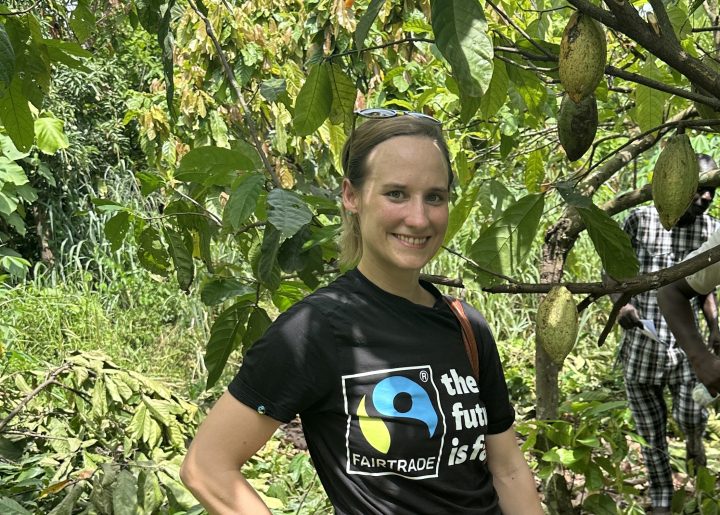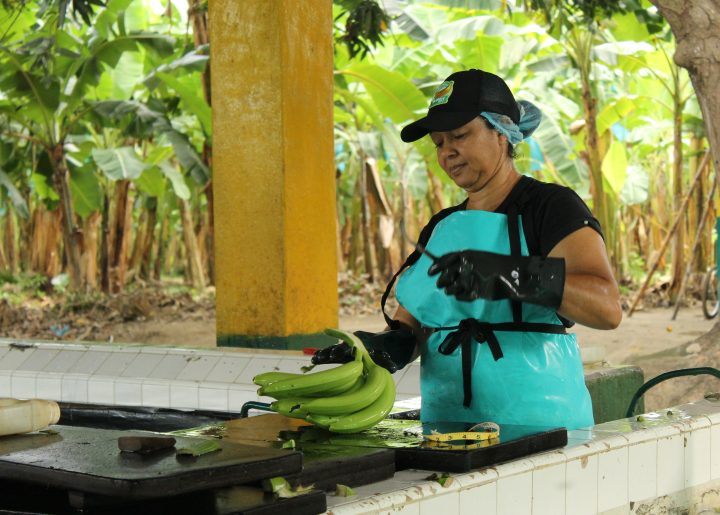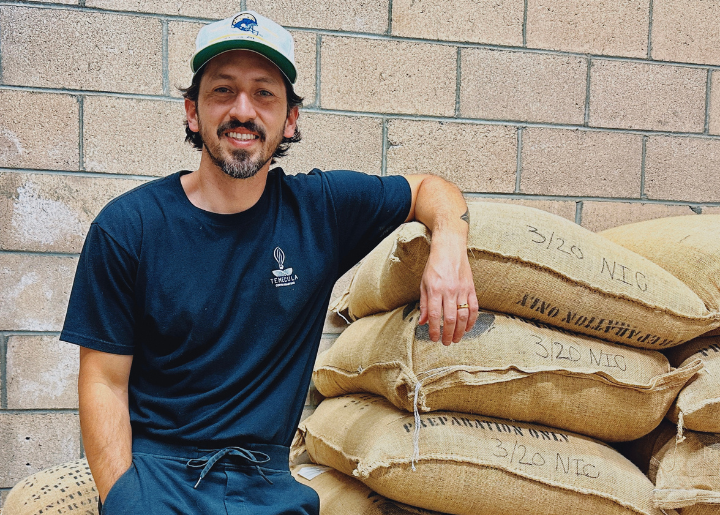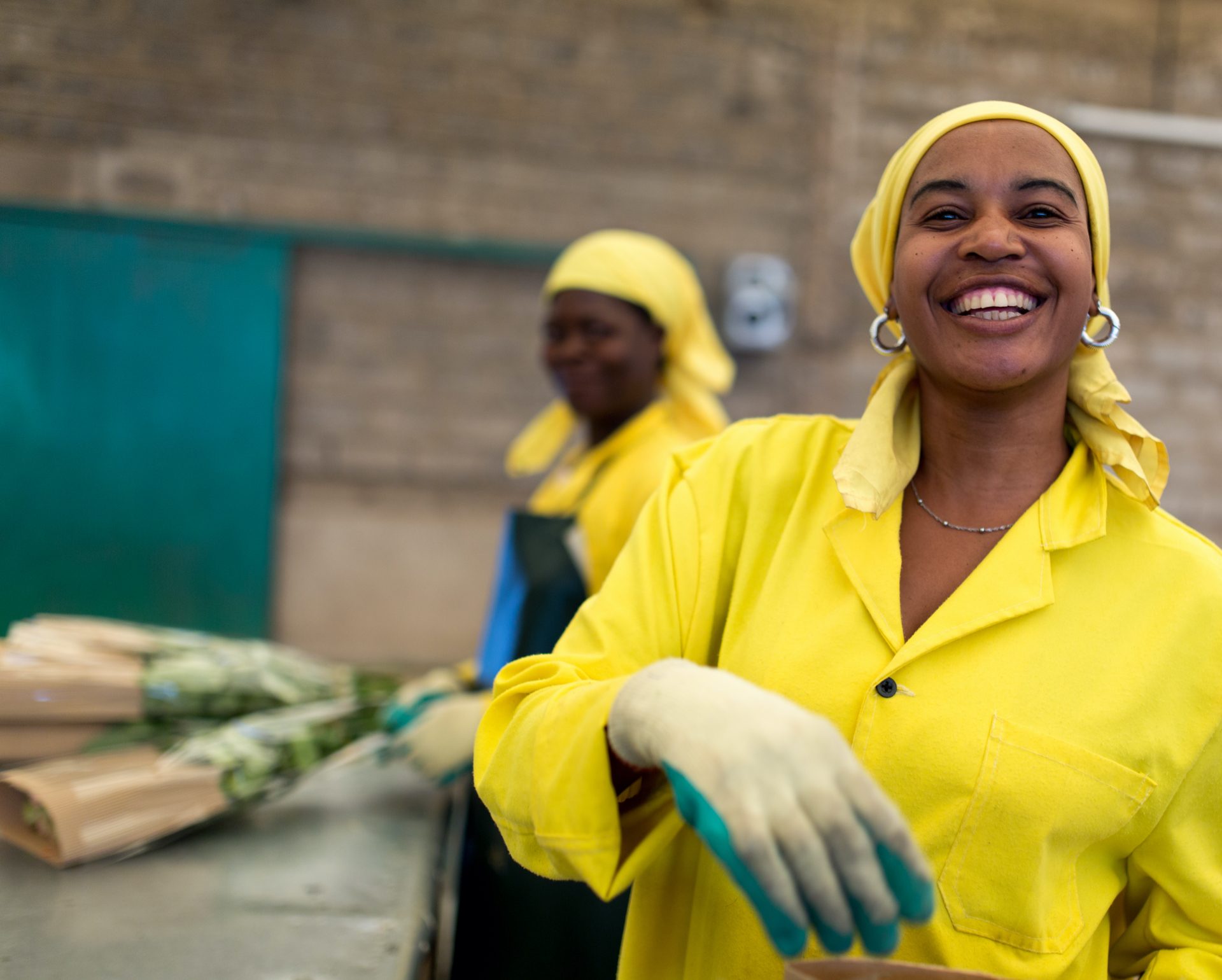Cocoa farmers to earn more with higher Minimum Price
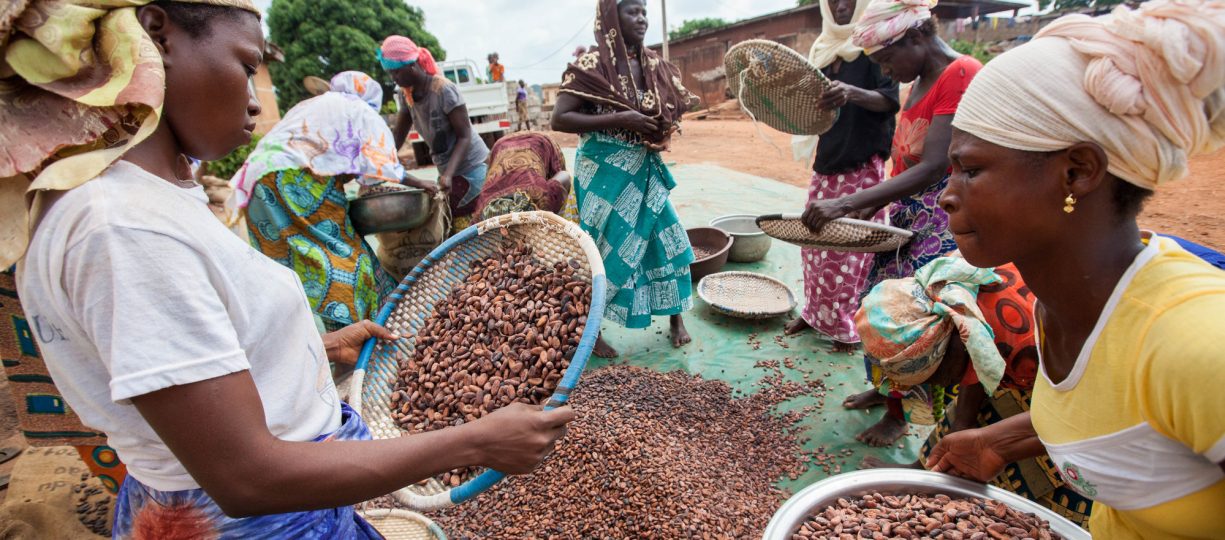
Fairtrade consultation results in higher minimum price for cocoa sales on Fairtrade terms & introduction of innovative living income benchmarks for cocoa in Ghana & Ivory Coast, as part of Fairtrade’s strategy to enable living incomes.
Fairtrade will increase the Fairtrade Minimum Price for conventional cocoa from $2,000 to $2,400 per metric ton at the point of export (FOB), marking a 20 percent increase. For organic cocoa, the Fairtrade price will be $300 above the market price or the Fairtrade Minimum Price, whichever is higher at the time of sale. This is a change from the current minimum fixed price of $2,300 per metric ton for Fairtrade certified organic cocoa.
World cocoa prices plunged more than a third last year with farmers bearing the brunt of price volatility. Fairtrade is the only certification scheme that requires a mandatory minimum price, which acts as a safety net for farmers when market prices fall while allowing them to negotiate when prices go higher.
For reference, the current cocoa price set by the government of Ivory Coast, the world’s largest cocoa producer, is $2,124 at FOB. Fairtrade buyers pay farmer organizations the differential when the Fairtrade Minimum Price is higher.
The Fairtrade Premium for cocoa, which is paid on top of the purchase price, will be increased from $200 to $240 per metric ton, the highest fixed premium of any certification scheme. This is paid directly to farmer organizations to spend on projects of their choice. The Premium helps to build strong and viable cooperatives that can respond to their member and community needs and strengthen them as long-term business partners for buyers. In 2017, Fairtrade cocoa farmer cooperatives earned nearly $43 million in Fairtrade Premium to invest in their communities and businesses.
The new price structure, agreed by the Fairtrade Standards Committee, a multi-stakeholder body which includes farmer and trader representatives, will take effect on October 1, 2019. The decision follows a lengthy consultation process across the cocoa supply chain with Fairtrade farmers, traders, manufacturers, and chocolate brands.
The challenges in the West African cocoa sector are huge, with a Fairtrade study in April 2018 showing that 58 percent of Fairtrade certified cocoa-farming households in Ivory Coast had incomes below the extreme poverty line. The new Fairtrade Minimum Price will allow average Fairtrade cocoa-growing households to earn above the extreme poverty line. Fairtrade expects to review its cocoa Minimum Price and Premium again in three years.
“This is good news for West Africa’s cocoa-growing communities,” said Fortin Bley, an Ivorian cocoa farmer and chairperson of Fairtrade Africa’s West African Network. “Farmers have been badly squeezed by low world prices, so the higher Fairtrade Minimum Price and Premium help to level the playing field for a more sustainable future.”
Full technical information for implementation of the new Fairtrade Minimum Price and Premium will be provided in a formal price announcement in February 2019.
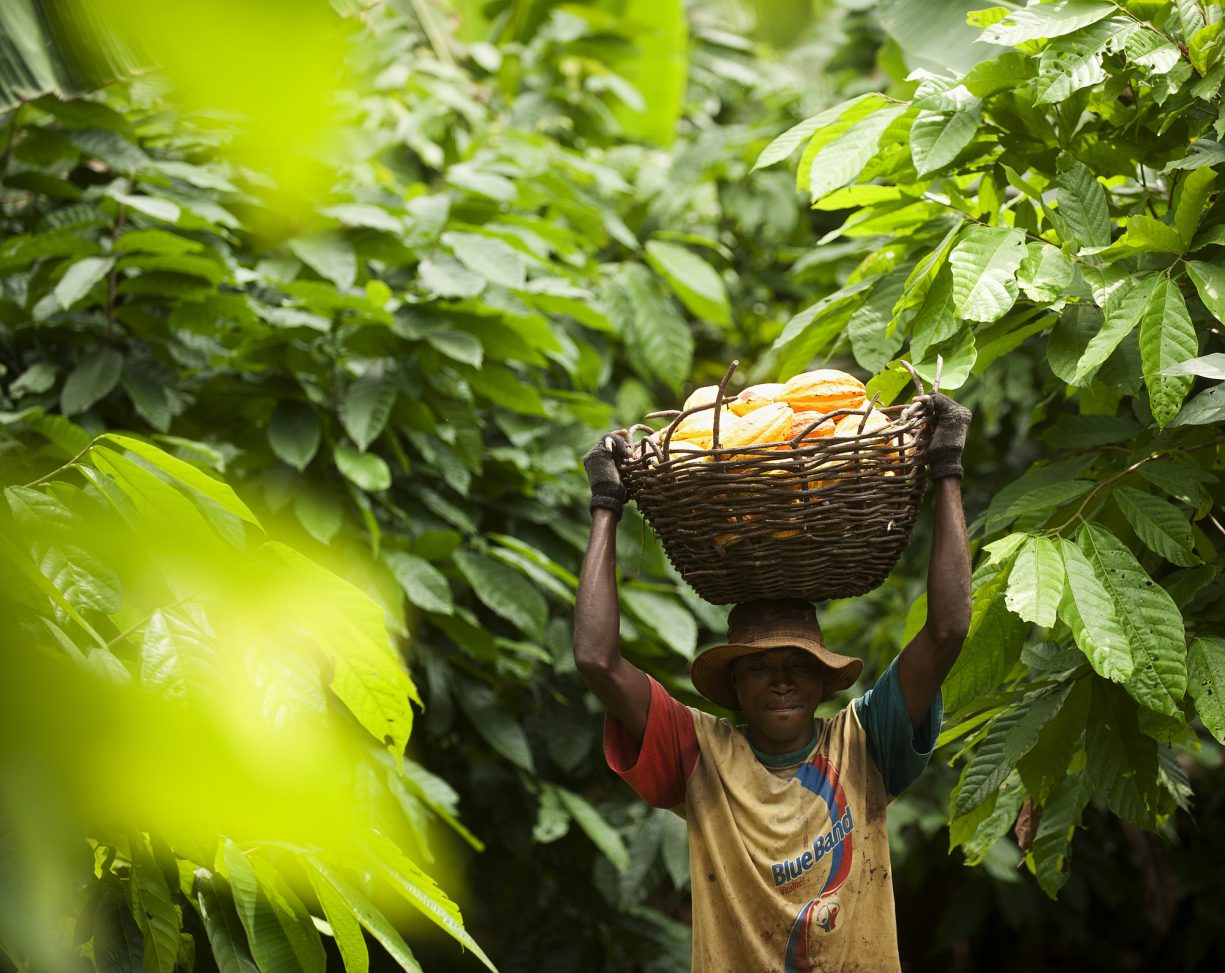
Innovative Living Income Reference Price sets target level
The review of the Fairtrade Minimum Price and Premium is linked to a wider Fairtrade strategy to work toward a living income for cocoa farmers. Under that strategy, Fairtrade International has also established a Living Income Reference Price for cocoa in Ivory Coast and Ghana during this consultation period, providing the first target price for the industry based on living income benchmarks and consultation on farm costs.
This target price is based on ISEAL Living Income Community of Practice calculations to determine what would be needed in each country to support the average cocoa farming household’s basic costs for food, housing, clothing, health care, education plus a small provision for emergencies, and then factors in productivity benchmarks and the cost of sustainable production. The basis for this price model was also validated through a consultation process with producers, industry and civil society.
The Fairtrade Living Income Reference Price, which is calculated at farm gate level rather than FOB because it refers to farm income, is $2,668 per metric ton of cocoa in Ivory Coast and $2,300 in Ghana. (For comparison, the new Fairtrade Minimum Price at FOB level would equate to approximately $1,600 per metric ton at farm gate level in Ivory Coast at today’s rates.) The Living Income Reference Price should enable full-time cocoa farmers to earn a living income if implemented as part of a holistic strategy that also includes increased productivity and diversified crops.
Unlike the Fairtrade Minimum Price, the Living Income Reference Price is not mandatory. The increase in the Fairtrade Minimum Price closes about a quarter of the gap between the average Ivorian cocoa farmer income and a living income, as a first step in a gradual and collective approach to bridging the difference.
“It’s a sad truth that most cocoa farmers in West Africa are living in poverty,” said Darío Soto Abril, global CEO of Fairtrade International. “The price that farmers are paid is a critical aspect that needs to increase so that cocoa farmers can afford a decent standard of living for their families. We are committed to working together with our partners, and welcome other bold efforts across the industry to make living incomes a reality.”
Fairtrade will develop projects with committed partners to test the Fairtrade Living Income Strategy, including price and diversification initiatives, and share learning that will move the cocoa industry closer to supporting a living income.
For media inquiries, please contact Kyle Freund, kfreund@fairtradeamerica.org.
We’re in this together
Fairtrade America partners with brands on the journey to certification and beyond. We can help with everything from finding a certified supply chain to marketing your newly certified product.
Get in Touch
